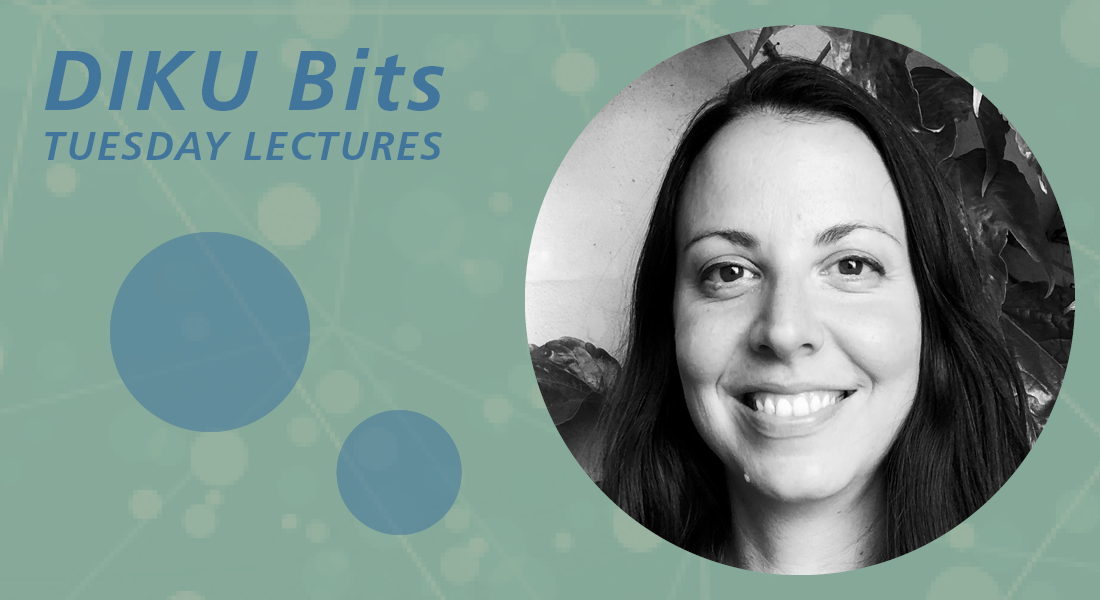Universitetsavisen
Nørregade 10
1165 København K
Tlf: 21 17 95 65 (man-fre kl. 9-15)
E-mail: uni-avis@adm.ku.dk
Forelæsning
Forelæsning — Join us when Valeria Borsotti from the Human-Centred Computing (HCC) section at DIKU will give a DIKU Bits lecture.
Date & Time:
Place:
Lille UP1, DIKU, Universitetsparken 1, 2100 København Ø
Hosted by:
Department of Computer Science: dikubits@di.ku.dk
Cost:
Free
Valeria Borsotti, PhD student in the Human-Centred Computing (HCC) section.
Neurodiversity in Computer Science – Accessibility Breakdowns & Bottom-up Micro-Interventions
Neurodiversity is a concept created to de-stigmatize “atypical” neurobiological structures and to celebrate the human variation in how nervous systems interact with the world. The term is typically used in relation to ADHD, autism, dyslexia and dyspraxia, but also includes neurological conditions acquired as a result of trauma, injury or illness.
In technology research, the intersection of neurodiversity and accessibility is still underexplored, but neurodivergent people regularly interact with systems and environments that do not take into account their needs and skills. In this talk I will share findings from my research project, discussing some of the accessibility breakdowns experienced by neurodivergent students in three Danish computer science departments. I approach neurodiversity from a socio-technical and holistic perspective, mapping out issues related to assistive technology, stigma, cognitive/physical accessibility and intersecting dimensions (like gender, socio-economic status, etc.). I also discuss the role of neurodivergent students in pushing for change and implementing local micro-interventions. At the end of the talk, DIKU Project Manager Jenny Vej will introduce the new DIKU project course “Critical Making”, which focuses on neurodiversity & technology.
I do not teach, unfortunately, because by contract I do service work as DIKU Diversity Chair instead of teaching.
I am excited to see new developments of socio-technical research in accessibility, especially projects with an intersectional approach. There is also a lot of new and exciting research on neurodiversity & technology from neurodivergent researchers.
Let it grow!
